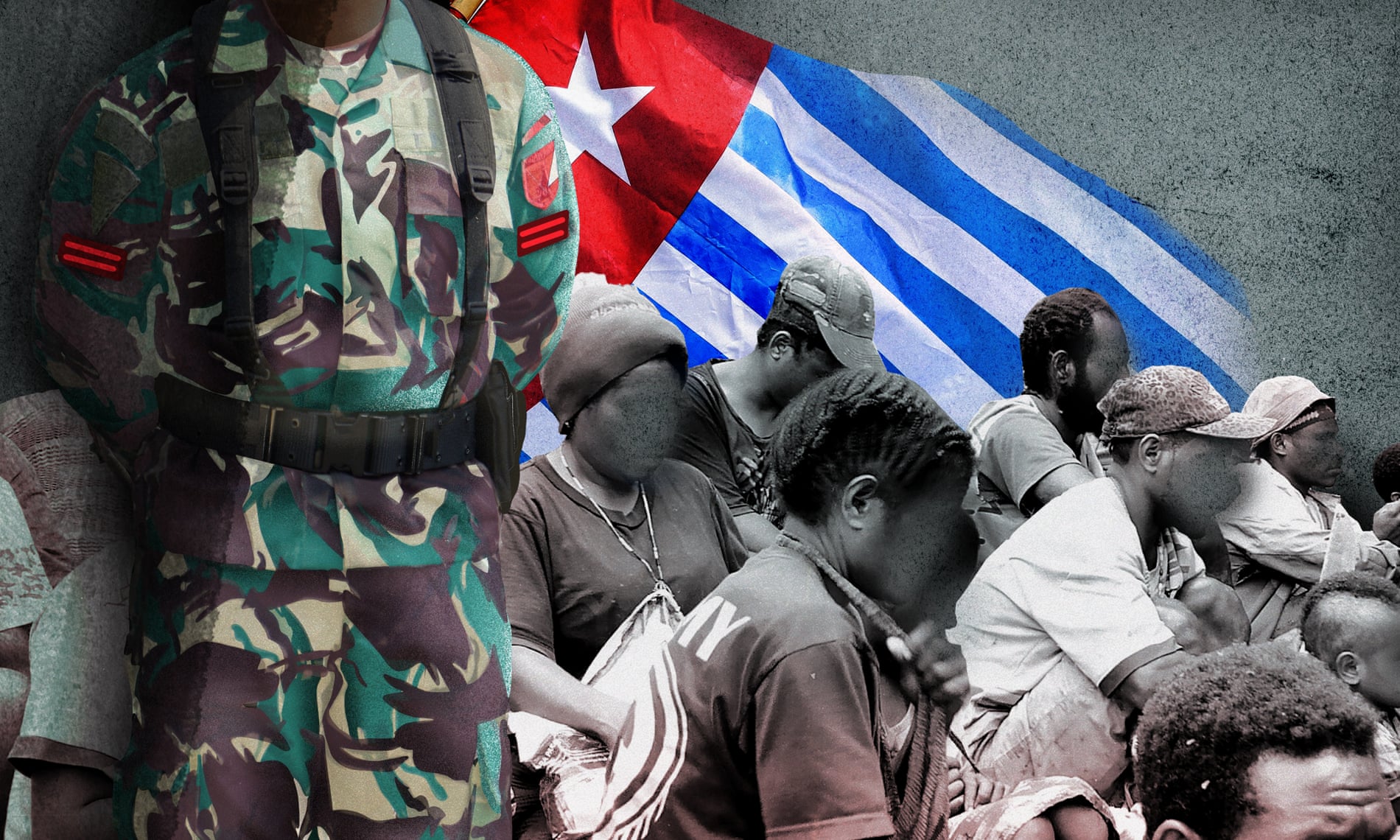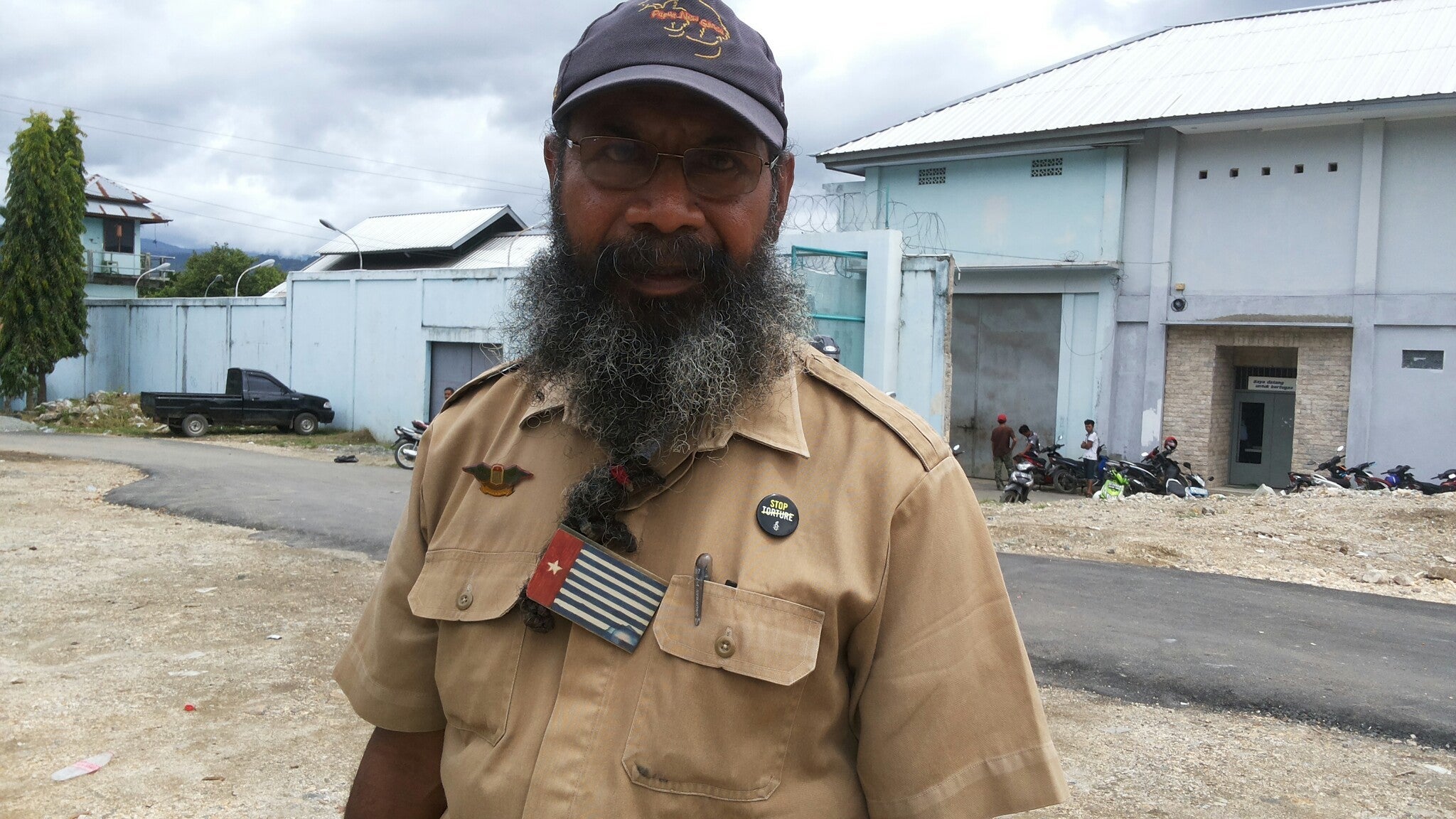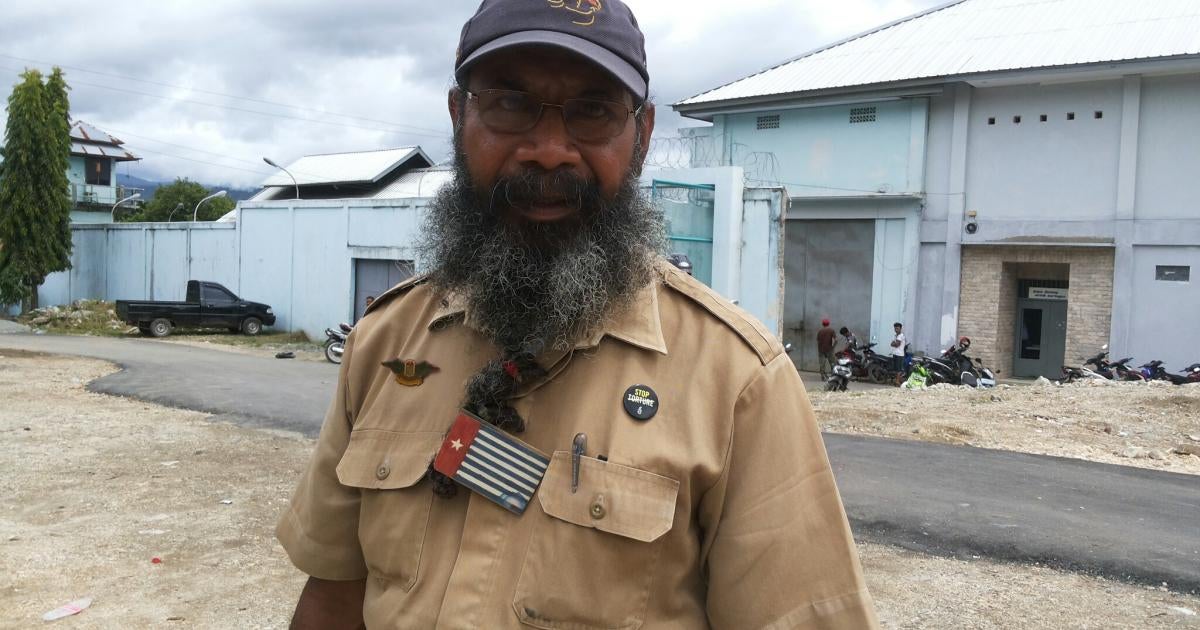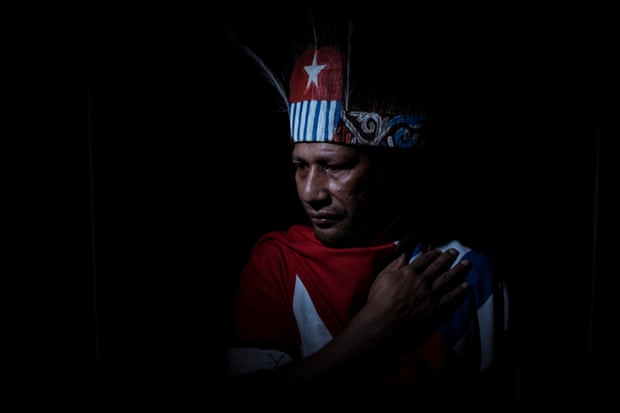‘The kids had all been tortured’: Indonesian military accused of targeting children in West Papua
The Guardian
Australia is seeking to strengthen ties with Indonesia, despite new reports of brutality by the military — including the torture and murder of civilians — in West Papua. (...)
(Text continues underneath the photo.)
Transported by helicopter to the regional military headquarters 100km away, the group were beaten and burnt so badly by their captors that they no longer looked human.
Kogeya says Wity died a painful death in custody. The other five were only released after human rights advocates tipped off the local media.
“The kids had all been tortured and they’d been tied up and then burned,” says Kogeya, who saw the surviving boys’ injuries first-hand on the day of their release.
“[The military] had heated up machetes and knives and pressed it against their skin … They didn’t even look like humans. They were burnt from head to toe. They were in a really bad way.” (...)
Last year UN human rights experts called for urgent and unrestricted humanitarian access to the region over serious concerns about “shocking abuses against Indigenous Papuans, including child killings, disappearances, torture and mass displacement of people.” (...)
The day before the boys’ detention, in the same region of Nduga, soldiers opened fire on a group of women and children returning with string bags filled with food from shopping in a neighbouring village, locals say. (...)
“The military could tell that [the group of women and children] were not combatants,” Kogoya says. “And they still shot them.”
“They know we’re carrying vegetables not guns – so why are they shooting at us and why are they arresting us?” (...)
The former Dutch colony is just 250km from mainland Australia. It’s a short boat ride from the northern islands of the Torres Strait. But most Australians know little about the war that is raging there.
The lack of knowledge is partly by design: very little about West Papua reaches the outside world because Indonesia tightly controls access for foreign journalists and human rights monitors. (...)
When the Netherlands began preparing for withdrawal in the 1950s, West Papuans pushed strongly for independence. As Melanesians, they see themselves as part of the Pacific, not south-east Asia. But their powerful neighbour had other ideas. (...)
A ceasefire was brokered by the United Nations, and a UN-backed ballot was held in 1969, ostensibly to allow West Papuans to have their say on integration with Indonesia.
But advocates say the “Act of Free Choice” was rigged from the start. Just 1,022 West Papuan leaders were handpicked by Indonesian officials to represent the entire population, and they were coerced and threatened at gunpoint to reject independence.
In this environment, support for integration was unanimous. The result was rubber-stamped by the UN.
Indigenous West Papuans continue to demand a real vote on self-determination, mostly through acts of civil disobedience such as raising the banned ‘Morning Star’ flag. They pay a heavy price in police and military brutality, as well as long jail sentences, for their activism. (...)
“We can’t do anything here,” says Nopinanus Kogoya. “People are even dying of hunger in the street because they can’t farm, they can’t go anywhere. We’re just completely, completely under the control of this fierce military occupation.” (...)
Locals say the brutality escalated in February this year, when Phillip Mehrtens, a New Zealand pilot working for Indonesian airline Susi Air, was taken hostage and his plane burned by the rebel army at Nduga airport. (...)
Now, Australia is seeking to forge closer military ties in negotiations on a “defence cooperation agreement” – a “treaty-level instrument” that will be legally enforceable before an international court, says Rothwell. (...)
Australia also provides weapons and other tools of war to Indonesia, including a recent shipment of 15 Bushmaster armoured vehicles, intended for use by Indonesian special forces during peacekeeping missions. (...)
Tags: #new_guinea #dutch_new_guinea #papua #west_papua #papua_merdeka #independence #act_of_free_choice #referendum #human_rights #racism #discrimination #indonesia #media #censorship #censor #news #freedom_of_the_press #press_freedom #nederlands_nieuw-guinea #human_rights_abuse



